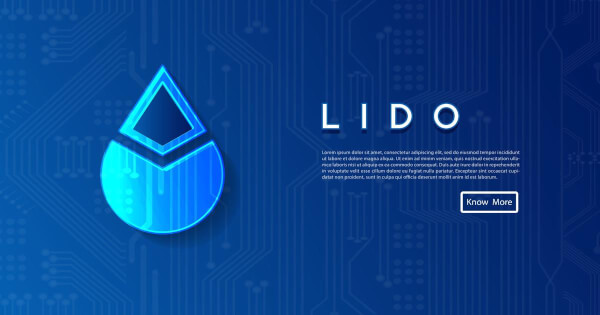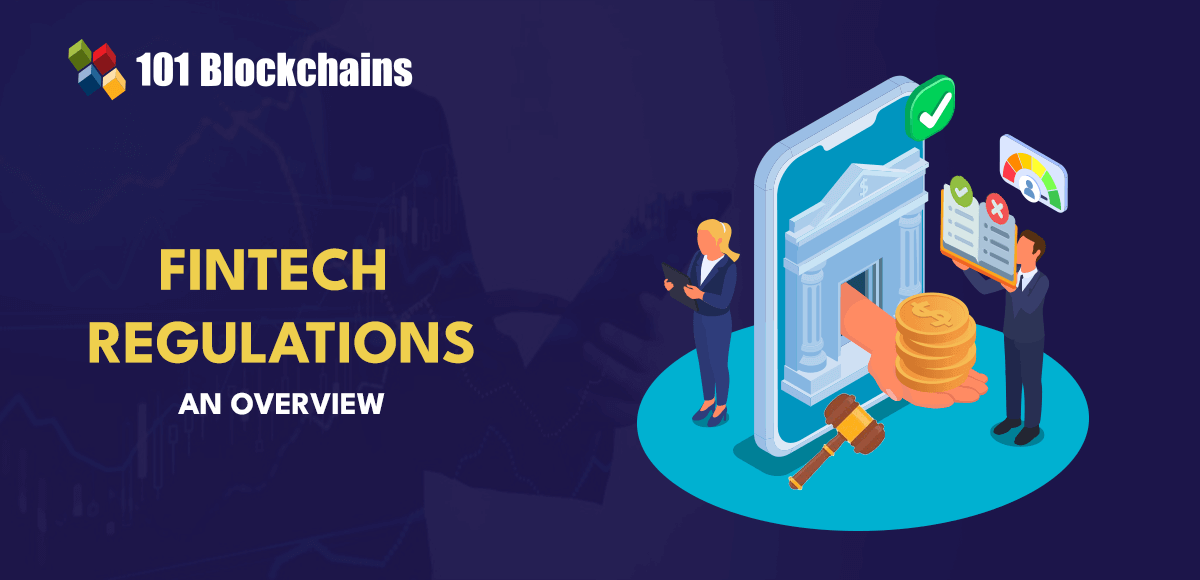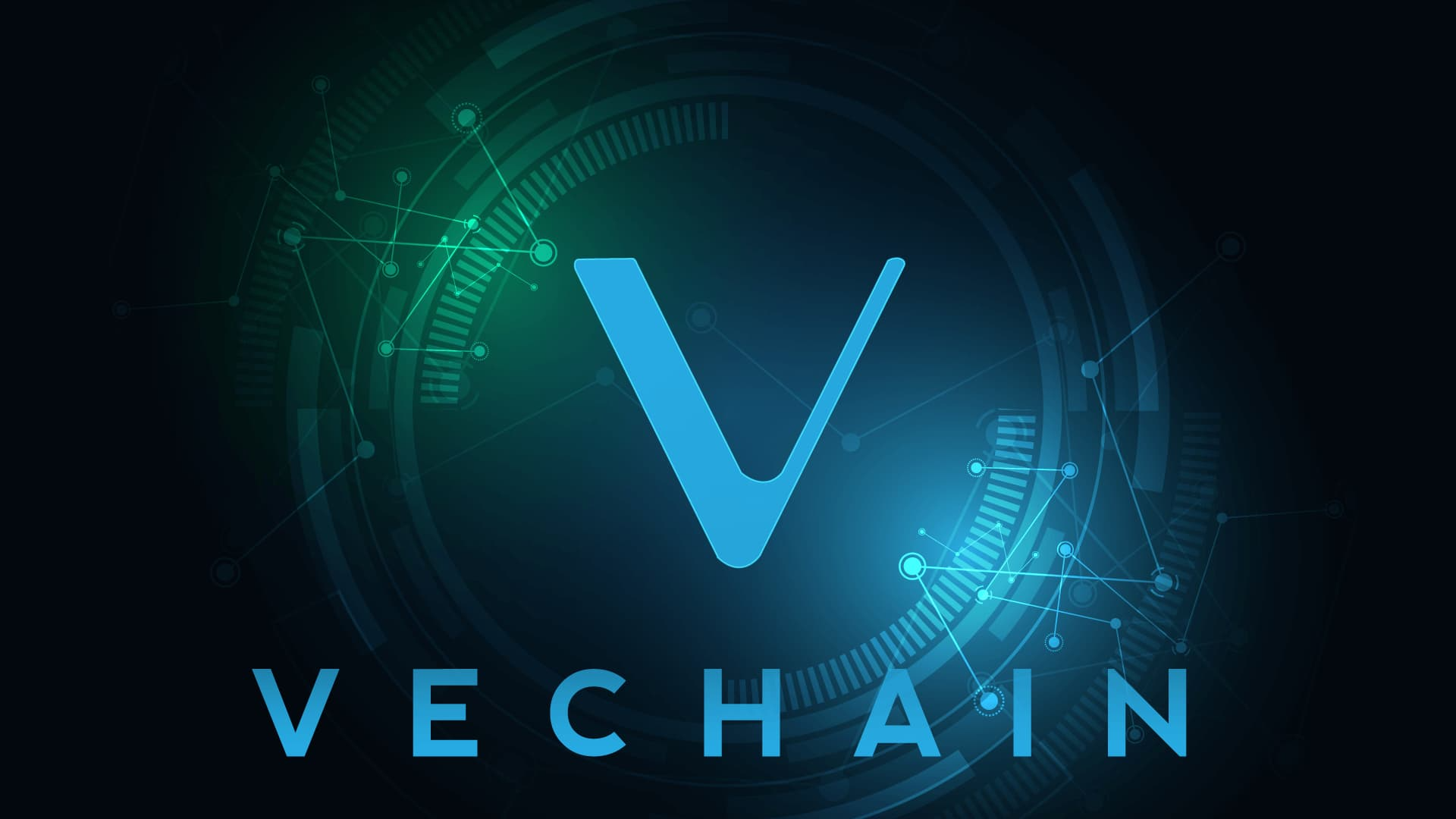Lido Finance community votes on important governance proposals

Lido Finance community members have voted on pivotal governance proposals that will determine the future direction of the staking platform.
The Lido Finance community recently exercised its governance power by voting on proposals that could significantly impact the platform’s operational and strategic trajectory. As a decentralized autonomous organization (DAO), Lido embodies the spirit of blockchain’s decentralization promise by allowing token holders to participate in important decisions.
Known for its Ethereum 2.0 staking solution, Lido has been a major player in the decentralized finance (DeFi) space. The platform allows users to stake Ethereum tokens without locking up their assets or maintaining a staking infrastructure, providing liquidity and opportunities within the Ethereum ecosystem.
The details of the proposal in question, identified by the unique hash 0x8ad1089720d2fd68cc49b74e138915af7fec35a06b04c2af2fcf4828d5bbd220, have been the subject of intense debate within the Lido community. As the platform continues to grow, these governance proposals will become increasingly important and set a precedent for how decentralized decision-making can take shape in practice.
Decentralized governance of cryptocurrency projects is not just a theoretical concept, but a practical necessity. This ensures that the diverse interests of stakeholders are represented and the project moves forward without bottlenecks caused by centralized decision-making. The Lido proposal is a testament to the community’s commitment to these ideals.
The results of the Lido governance vote could set the stage for future DeFi protocols looking to implement or improve their own governance mechanisms. This highlights the importance of community participation and the power of collective decision-making in coordinating decentralized project processes.
As the blockchain and cryptocurrency industries continue to mature, the role of governance in DAOs is increasingly being scrutinized. Regulators, developers, and users are all keenly observing how decisions are made and implemented in a decentralized manner. Lido’s recent proposal and community response illustrate the dynamic and collaborative nature of blockchain governance.
In conclusion, the active participation of the Lido community in the governance process is a clear indicator of the health of the platform and the level of stakeholder engagement. As the DeFi space evolves, the outcome of these governance votes will likely impact not only the future of the projects in question, but also the broader trajectory of the blockchain industry’s decentralized governance model.
Image source: Shutterstock



